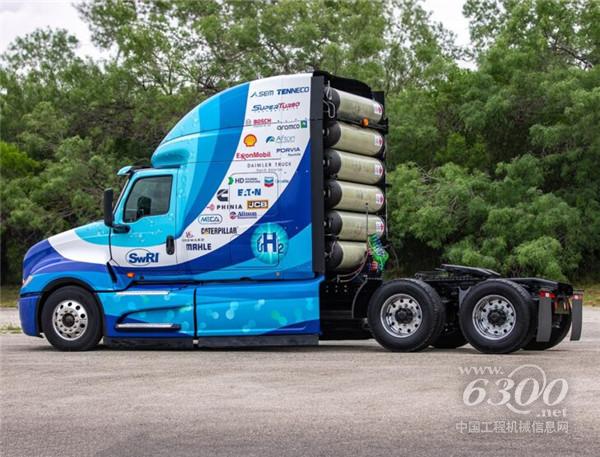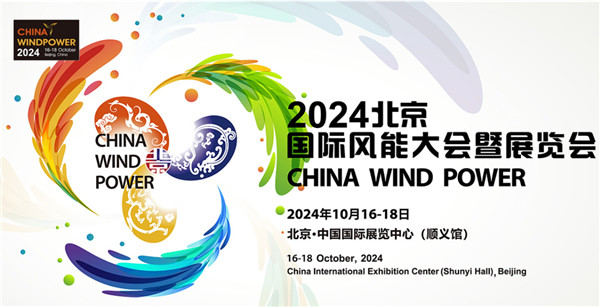美國西南研究院 (SwRI) 發布了關于氫燃料內燃機 (H 2 -ICE) 潤滑油耐久性的新發現。該研究于 2024 年 5 月在美國明尼蘇達州明尼阿波利斯舉行的第 78 屆 STLE 年會和展覽會上發表,探討了氫燃燒對潤滑油性能和壽命的影響。

SwRI 啟動了氫內燃機 (H 2 -ICE) 聯合工業計劃 (JIP),以開發和展示氫動力發動機在重型應用方面的可行性。SwRI 已成功將康明斯 X15N 發動機改裝為氫動力發動機,并將其安裝在 8 級重型車輛上,展示了其實現近零溫室氣體 (GHG) 排放和超低氮氧化物 (NOx) 和顆粒物排放的潛力。
研究結果
潤滑劑相互作用:研究強調,氫發動機的火焰熄滅距離更小,火焰穿透氣缸壁邊界層更深。這會導致潤滑劑氧化和相關排放增加。
燃燒副產物:研究解決了水進入潤滑劑和可能形成腐蝕性硝酸的擔憂。然而,研究發現潤滑劑中水的積累量極小,推翻了氫發動機產生過多水的謠言。
耐久性測試:該研究在經過改裝的戴姆勒 DD15 發動機上進行,測試周期為 350 小時。結果表明,潤滑油性能保持穩定,粘度、總酸值 (TAN) 和總堿值 (TBN) 變化很小。
技術見解
發動機改裝:采用定制噴油器、分體式排氣歧管設計和抽吸式吹掃系統來優化性能和安全性。
爆震和預點火:對發動機的爆震和預點火進行嚴密監控,并多次因預點火而出現自動關閉的情況。
結果一致性:與預期一致,潤滑劑并未出現明顯的性能下降。
未來方向
雖然該研究證實了氫發動機中潤滑劑在穩定狀態、溫暖條件下的耐久性,但仍需要進一步研究以了解潤滑劑在低溫和冷啟動情況下的行為。
結論
SwRI 的研究代表著朝著將氫氣作為內燃機可行燃料邁出了重要一步。通過解決與潤滑油性能相關的關鍵挑戰,這項研究支持在重型運輸中更廣泛地采用氫技術,為更清潔、更可持續的能源未來做出貢獻。
SwRI unveils promising findings on lubricant durability in hydrogen engines
Southwest Research Institute (SwRI) has released new findings on the durability of lubricants in hydrogen-fueled internal combustion engines (H2-ICE). Presented at the 78th STLE Annual Meeting & Exhibition in Minneapolis, Minnesota, U.S.A. in May 2024, the study explores the impact of hydrogen combustion on lubricant performance and longevity.
SwRI launched the Hydrogen Internal Combustion Engine (H2-ICE) Joint Industry Program (JIP) to develop and demonstrate the feasibility of hydrogen-powered engines for heavy-duty applications. SwRI has successfully converted a Cummins X15N engine to run on hydrogen and retrofitted it in a Class 8 heavy-duty vehicle, showcasing its potential to achieve near-zero greenhouse gas (GHG) emissions and ultra-low emissions of nitrogen oxides (NOx) and particulate matter.
Study findings
Lubricant Interaction: The research highlighted that hydrogen engines have a much smaller flame quench distance and deeper flame penetration into the boundary layer of the cylinder walls. This can lead to increased lubricant oxidation and associated emissions.
Combustion Byproducts: Concerns about water ingress into lubricants and the potential formation of corrosive nitric acid were addressed. However, the study found minimal water accumulation in lubricants, debunking myths about excessive water production in hydrogen engines.
Durability Testing: Conducted on a modified Daimler DD15 engine, the study involved a 350-hour test cycle. The results showed that lubricant performance remained stable, with minimal changes in viscosity, Total Acid Number (TAN), and Total Base Number (TBN).
Technical insights
Engine Modifications: Custom injectors, a split exhaust manifold design, and a draw-through blow-by suction system were used to optimise performance and safety.
Knock and Pre-Ignition: The engine was closely monitored for knock and pre-ignition, with several instances of automated shutdowns due to pre-ignition.
Consistency in Results: Despite expectations, the lubricants showed no significant degradation.
Future directions
While the study confirmed the durability of lubricants in hydrogen engines under steady-state, warm conditions, further research is needed to understand lubricant behavior under low-temperature and cold-start scenarios.
Conclusion
SwRI’s research represents a significant step toward integrating hydrogen as a viable fuel for internal combustion engines. By addressing key challenges related to lubricant performance, this study supports the broader adoption of hydrogen technology in heavy-duty transportation, contributing to a cleaner and more sustainable energy future.
To read the full version of this article, check out the digital edition of the Q3 2024 issue of F+L Magazine.
友情提醒 |
本信息真實性未經中國工程機械信息網證實,僅供您參考。未經許可,請勿轉載。已經本網授權使用的,應在授權范圍內使用,并注明“來源:中國工程機械信息網”。 |
特別注意 |
本網部分文章轉載自其它媒體,轉載目的在于傳遞更多行業信息,并不代表本網贊同其觀點和對其真實性負責。在本網論壇上發表言論者,文責自負,本網有權在網站內轉載或引用,論壇的言論不代表本網觀點。本網所提供的信息,如需使用,請與原作者聯系,版權歸原作者所有。如果涉及版權需要同本網聯系的,請在15日內進行。 |
 bauma CHINA 2024上海寶馬工程..
bauma CHINA 2024上海寶馬工程.. 2024北京國際風能大會暨展覽會..
2024北京國際風能大會暨展覽會..